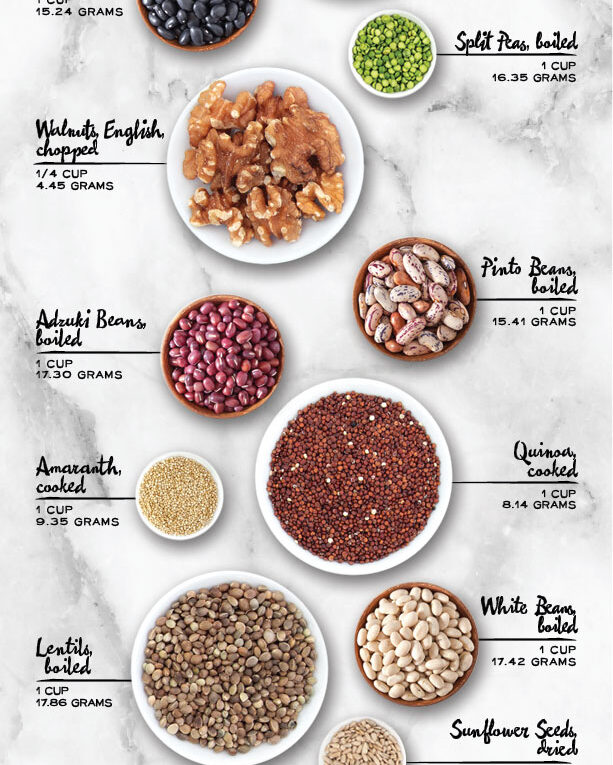Vegan Diet Rich in Legumes Boosts Weight Loss Efforts, Study Finds
According to a study, veganism improves diet quality and thus leads to both weight reduction and increased insulin sensitivity improvement. Reducing weight was most likely related to increasing legume consumption while decreasing meat, poultry and seafood intake.
Research demonstrates that one effective way to improve health quality is through diet. Avoiding animal products while adopting a vegan diet rich in beans, grains, vegetables, and fruits are among the many ways you can do just this.
At the 16-week study, 244 overweight individuals were randomly allocated either to make no changes to their diet or consume an unrestricted calorie low-fat vegan diet with fruits, legumes, grains, and vegetables as part of an unrestricted calorie low-fat vegan plan containing fruits, legumes, grains, and vegetables. Quality of diet, insulin sensitivity, fat mass and body weight were tracked. Data taken from final analysis comprised 219 participants who completed all stages and submitted their final diet reports.
Individuals on a vegan diet on average lost 13 lbs and 9.1 lbs in fat mass over an eight-week period on average, while individuals in the control group experienced no changes to their diet whatsoever and no decreases in body or fat mass weight loss. Weight loss among vegans was linked with increases in whole grain, meat alternative, legume and fruit intake while decreasing animal products, animal fats, and added oils intake – including animal products with animal fats or additional oils as well as any decrease in animal products (with reduced consumption), animal products containing animal fats or added oils reduction.
Fruit: Increased intake of whole fruit was found to correlate with lower body weight.
Meat Alternatives and Legumes: Increased consumption of legumes was linked with decreased fat mass, weight, and visceral adipose tissue accumulation. Eating more meat alternatives such as veggie burgers, tempeh and tofu led to a decreased body weight.
Grains: Incorporating more whole grains into our diet was linked with decreased body fat mass and weight. Eggs and Dairy Products: Consumption of eggs was associated with weight reduction while reduced high-fat dairy intake led to significant drops in both fat mass and weight reduction.
Poultry, Fish, and Meat Consumption: Decreases in total poultry, fish, and meat consumption were linked with lower fat mass and weight loss.
Reduce Added Fats: Lower consumption of added animal fats was linked with reductions in fat mass and weight, as were lower oil consumptions, both leading to reductions. Within the vegan group there were also improvements in insulin sensitivity.
Diet quality in the vegan group as measured by Alternative Healthy Eating Index (AHEI) scores increased significantly – an average increase of 6 points over no significant change for no diet change group members. AHEI was created to identify eating patterns linked to reduced chronic disease risks; such as eating more vegetables and fruit as opposed to processed and red meat products – higher AHEI scores indicate reduced risks.

